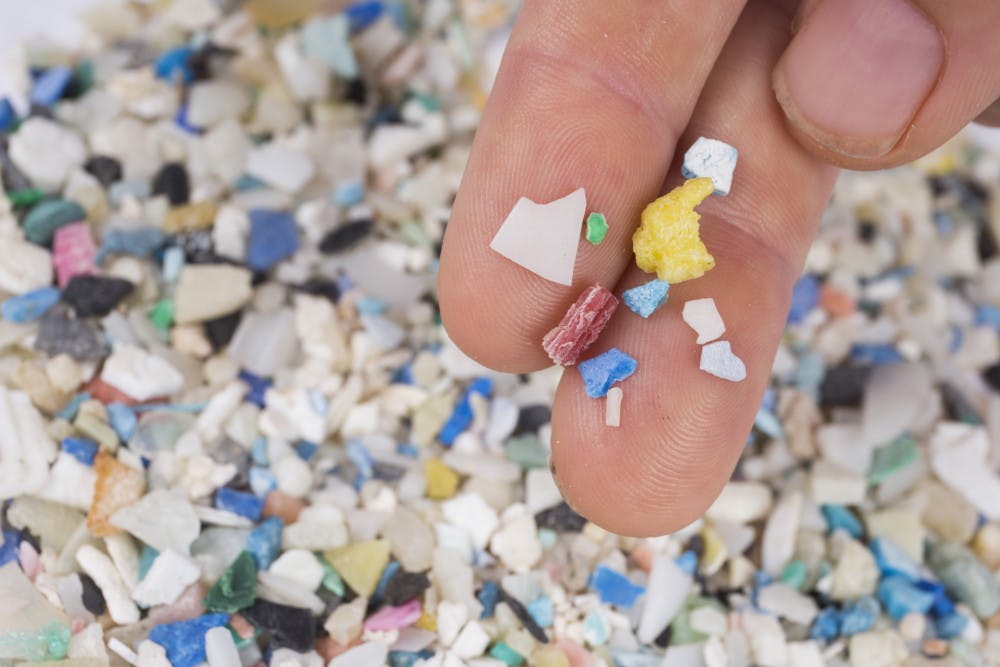The Florida Microplastic Awareness Project will host events educating the UF community about the potential dangers of microplastic during the fifth annual Microplastic Awareness Month.
Maia McGuire, a UF Sea Grant extension agent, founded the Microplastic Awareness Project in 2015 in response to the threat it poses to our environment.
On Friday, she will speak at the Environmental Symposium in Jacksonville about alternatives to single-use plastics.
“Awareness about microplastic is growing,” she said, “But there’s still a lot of work to do.”
On Sept. 21, the Project joins the International Coastal Cleanup by hosting a cleanup in Cedar Key. At the event, volunteers can collect shoreline debris while learning about the consequences of marine pollution, McGuire said.
Plastic does not biodegrade, and it breaks down into extremely small particles that end up in the ocean and consumer products, said Savanna Barry, a UF Sea Grant extension agent.
“It might be easier to list what doesn’t contain microplastics,” she said.
Microplastic has also been found in soil where food is grown and in drinking water, Barry said.
Although humans consume microplastic every day, scientists have not identified health risks, said Charles Grisafi, a National Oceanic and Atmospheric Administration marine debris program regional coordinator.
However, as the number of pollutants grows, so does the interest in combating it.
“The problem is becoming very visible,” Grisafi said. “It’s an environmental issue that people can actually see.”
A pile of microplastic collected by The Florida Microplastic Awareness Project. Plastics like these are among the top ocean pollutants, according to Savanna Barry, a Cedar Key volunteer coordinator with the project.






